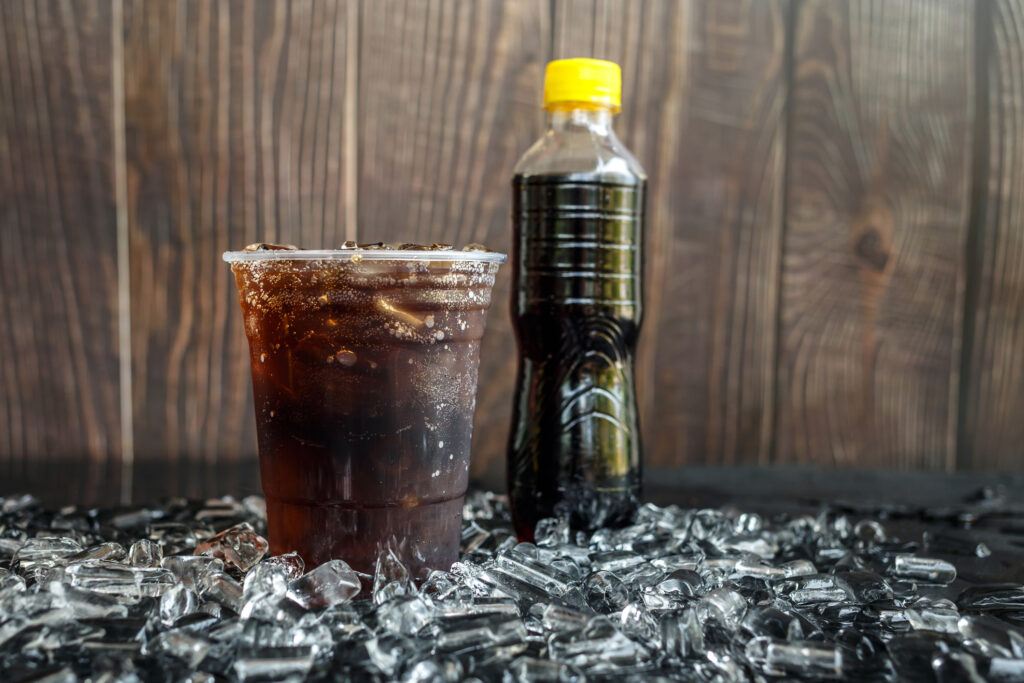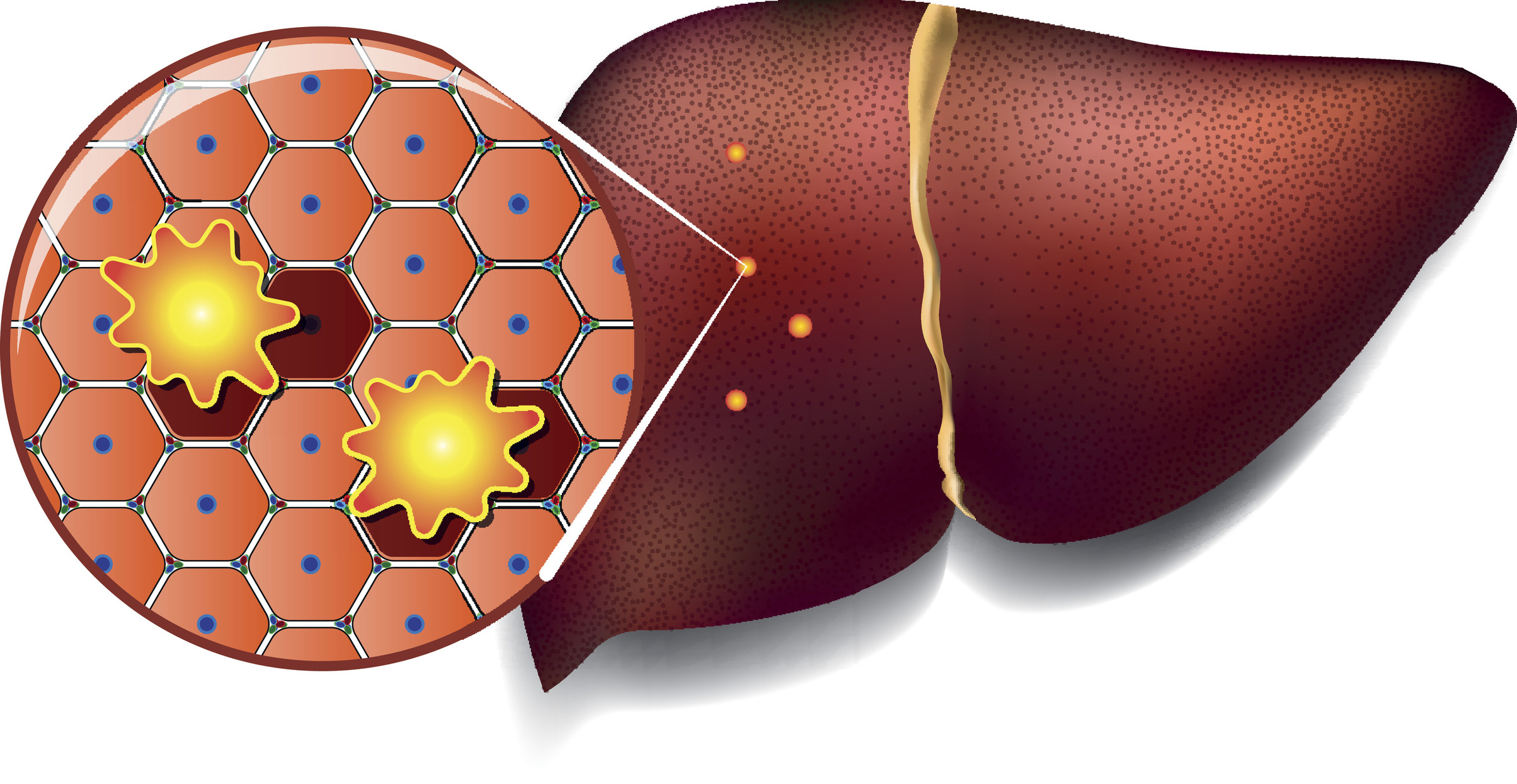 Think you’re losing weight just by eating right? Think again!
Think you’re losing weight just by eating right? Think again!
If you’re at risk of obesity because of your genes, you may also be more at risk for weight gain from sugary drinks, according to research published in the New England Journal of Medicine.
In people with a high genetic risk for obesity, getting a lot of sugar from sugar-sweetened drinks may amplify the genetic effects on obesity.
The study and two others looked at the effects on weight gain of sugary drinks — including sodas, fruit punches, lemonades, or other fruit drinks. The new research should inspire people to give up sugary drinks or consider them an occasional treat. It gives very clear evidence that drinking sweetened beverages even in modest amounts clearly results in increased weight and excess weight.
In a statement, the American Beverage Association countered: “We know, and science supports, that obesity is not uniquely caused by any single food or beverage.”
Now, that may be true. One of anything usually isn’t bad, but its the continued and repeated behavior that gets us into trouble.
To get specific, here are some drinks to avoid if you’re truly trying to lose weight:
1. Latte’s and Milkshakes
Rich in caffeine and a variety of health-promoting antioxidants, coffee-based drinks can be a kind of healthy for you. But once you start ordering your latte with all of the extras in it, it is just as bad (if not worse) than drinking a full-blown milkshake.
If sweetened with added syrup or sugar or flavorings, coffee-based drinks like frappés, caffe lattes, or frozen mochas can contain just as much sugar as soda.
Like soda and other sugar-sweetened drinks, high-sugar coffee drinks can contribute to weight gain and may harm your health. For example, drinking even one of these beverages every day consistently can increase your risk of heart disease, stroke, and type 2 diabetes.

2. Fruit Juice
Although fruit juice is often seen as a healthy drink, most commercial brands contain just as much sugar as soda. Juice also lacks the fiber and other nutrients you’d get by eating whole fruits.
Drinking excessive amounts of fruit juice has been linked to an increased risk of obesity, especially in children.
As such, you should instead aim to quench your thirst with water. You can still enjoy the juicy, sweet flavor of fruit by enjoying them whole. This way, you also reap the benefits of their fiber and other nutrients.
3. Mixed/Blended Alcoholic Drinks (especially Long Island Iced Teas and Pina Coladas)
Fruity frozen drinks like pina coladas are a staple on any beach vacation, but your body will








